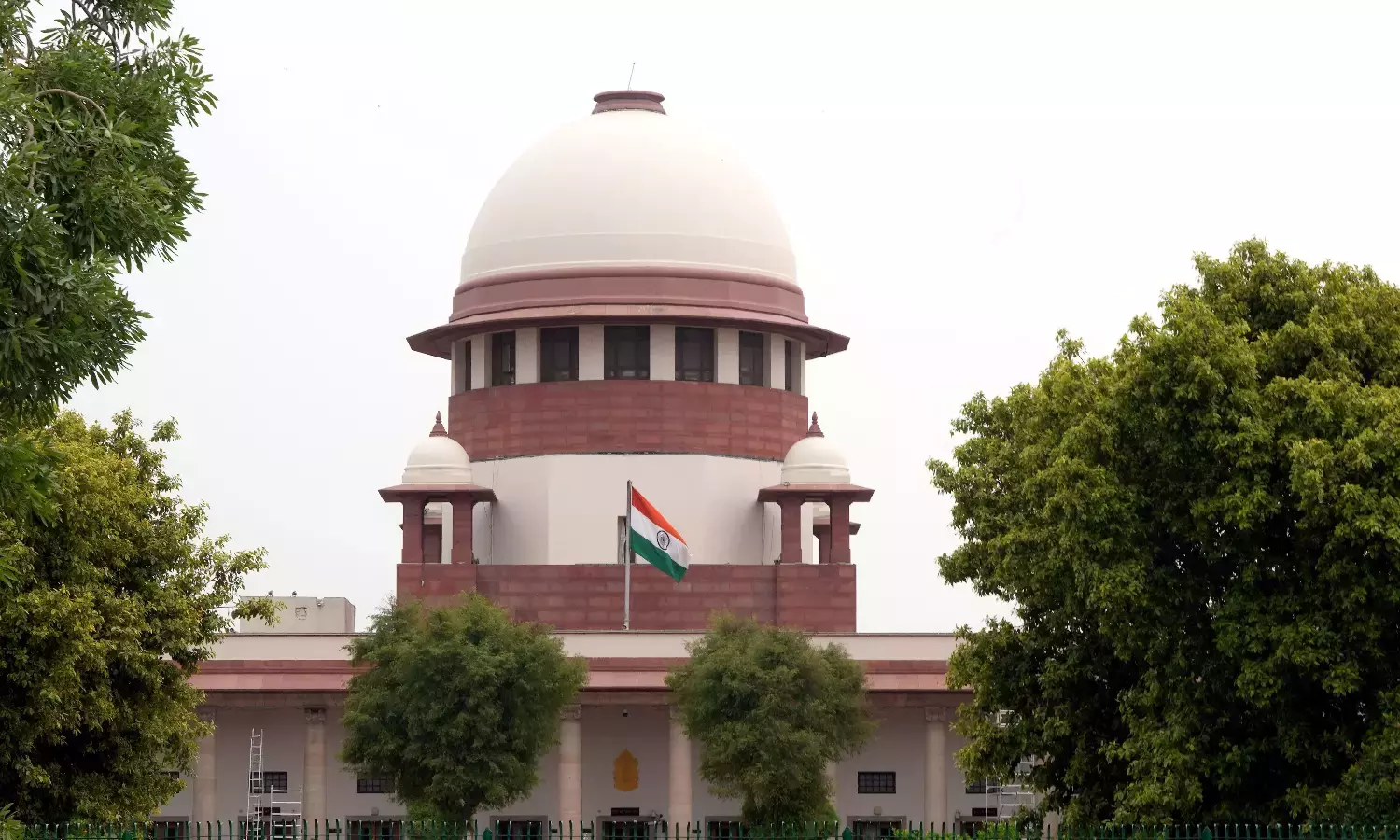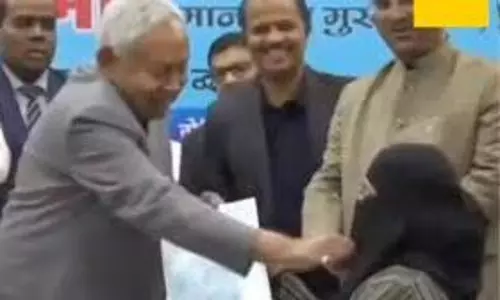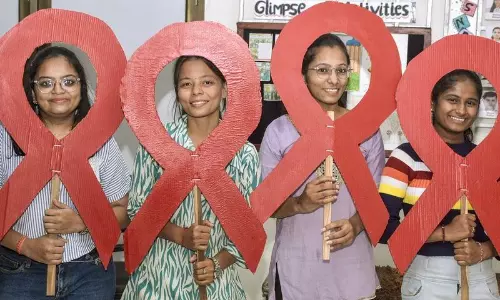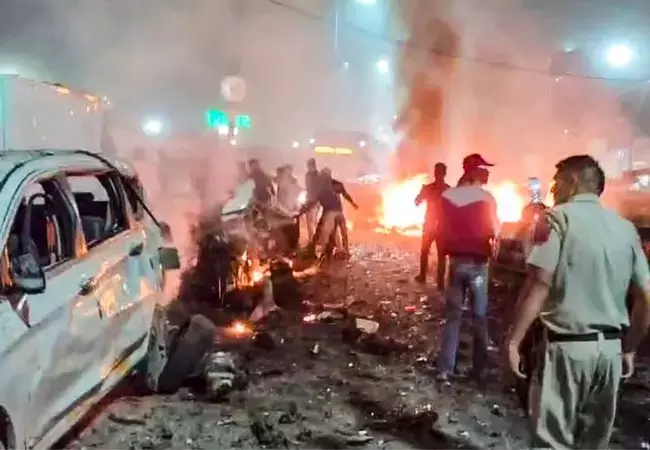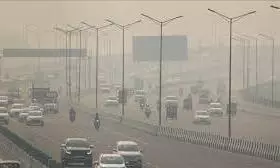
India urged to scale up clean air efforts, pollution levels fall short of WHO standards
text_fieldsIndia’s battle against air pollution remains far from over, with a top WHO official warning that air quality across the country significantly lags behind international benchmarks.
Dr. Maria Neira, Director of Environment, Climate Change and Health at WHO, emphasised the need for India to accelerate efforts to reduce pollution, particularly household air pollution caused by the widespread use of biomass fuels.
In a recent interview with PTI, Dr. Neira highlighted that over 40% of India’s population still relies on biomass for cooking, contributing to serious health consequences including high rates of mortality and noncommunicable diseases (NCDs). While existing government programmes to reduce reliance on polluting fuels - such as providing access to LPG and offering subsidies - have shown positive results, Neira believes these initiatives need to be significantly expanded.
“We appreciate India’s leadership, but now is the time to scale up efforts,” she said. “A just and fair transition to cleaner energy sources - such as LPG, biogas, and ethanol - must prioritise the health of the most vulnerable communities.”
The issue, according to Neira, is not isolated to major cities like Delhi.
A study published in The Lancet Planetary Health shows that air quality is below WHO standards across nearly the entire country. “It’s not just about being slightly off the mark,” she added. “The gap is wide, and it demands political will and stronger action.”
Air pollution, she warned, plays a major role in driving NCDs like respiratory and cardiovascular diseases. These issues are expected to be central in discussions at the upcoming United Nations General Assembly.
To better equip healthcare workers, WHO is promoting its "Green Page" initiative - a tool designed to help pediatricians monitor and address environmental health risks in children. Neira noted the importance of educating medical professionals on the broader health impacts of environmental factors like air quality.
She also praised grassroots movements - particularly mothers’ groups advocating for clean air - and emphasised the role of global collaborations such as the Breathe Life campaign. This WHO-led initiative aims to unite cities and communities in tackling air pollution through awareness and policy action.
Regarding commitments made by around 50 countries and cities at a recent WHO conference, Neira confirmed that tracking mechanisms are being developed in coordination with UN agencies and global coalitions like C40 to ensure accountability at both national and local levels.
Despite the challenges, Neira remains optimistic. “India has the innovation, the technology, and the capacity to become a global leader in air quality management,” she said. “With greater urgency and commitment, the country can not only improve the health of its citizens but also set a powerful example for the world.”





